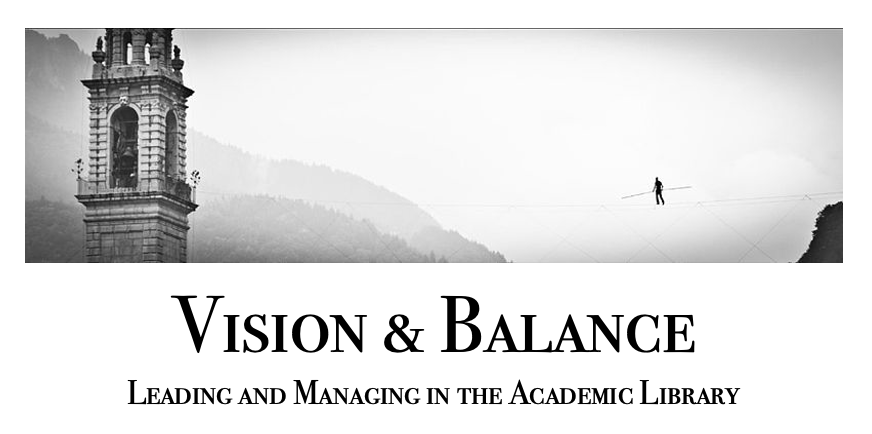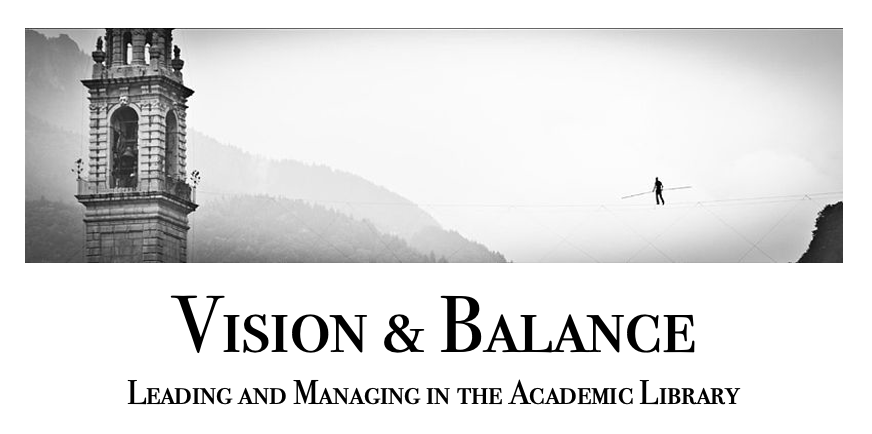The Hubris of Humility
Saying "I won't make any changes for the first year of my tenure as leader" isn't humility -- it's hubris.

I came into my current position as a library leader about four years ago, saying what I’ve always known all good leaders are supposed to say in that situation: “Don’t expect me to swoop in here and starting being disruptive and making a bunch of changes. I’m going to spend my first year getting to know the organization and listening to you. Then, once I’ve had a chance to build that foundation of understanding – and not before – we can start having conversations about what might need to change.”
See, I thought that kind of messaging would demonstrate humility – a humility I genuinely felt as I took on the oversight of a large and complex academic organization. But what I truly thought was humility turned out, in hindsight, to be hubris.
Why do I say that? Because within a couple of days of my arrival, an inch-thick document was dropped on my desk. That document contained a carefully prepared proposal: one of the departments in the library wanted an additional 10,000 square feet of space, and had put a huge amount of effort into explaining and justifying their request, and I had to respond.
My hubris consisted in the idea that I could simply come into a large organization and choose not to make any big decisions in my first year. As if that were up to me!
Of course, to some degree it was up to me – there were certainly issues that I could (and wisely did) put on the back burner while I gathered more information and experience. But no organization simply stands still for a year and waits for its new leader to get acclimated. The work of libraries requires things to be done every day, and some of those are big things that involve change and difficult decisions. Some of those things can be deferred, and some can’t.
So here’s the lesson I learned the hard way about hubris and humility for new leaders: instead of indulging in the hubris of thinking you can put your organization on hold for a year while you get to know the place, instead exercise humility by working with your leadership team to identify those issues that need prompt attention and those that can be deferred while you get your feet under you.
Takeaways and Action Items
- Ask yourself what issues you unwisely deferred when you came into your new position. What were the downstream effects, for both you and others in the organization?
- Ask yourself what issues you unwisely took on before you had enough information. What were the downstream effects?
- Look around you at the constellation of challenges and projects your library faces. If you were a brand-new leader in your current position today, what would you take on now, and what would you defer? Why?
